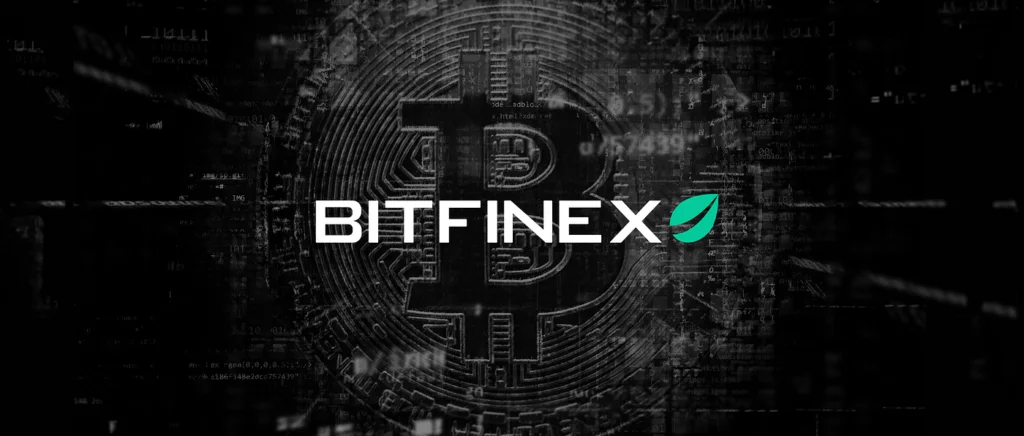The US Department of Justice has transferred about 15,000 bitcoins from wallets linked to the 2016 hack of Bitfinex, raising fears of a possible selloff and price dump.

The US Department of Justice (DOJ) has transferred approximately 15,000 bitcoins (worth $922 million) from confiscated wallets linked to the 2016 hack of Bitfinex. This crypto exchange lost over $1 billion in the attack. The transfer comes amid a recent surge in bitcoin price above $62,000, sparking concerns about a potential selloff and price dump.
According to on-chain data from blockchain analytical firm Arkham, the DOJ moved an initial 1 BTC from a wallet holding seized assets to an unknown BTC wallet address on March 2, 2024. Shortly after, an additional 2,817 bitcoins were transferred. Later, 12,300 BTC were sent to a separate wallet.
One of the wallet addresses that received the assets currently ranks #67 on the Bitcoin Rich List provided by blockchain explorer BitInfoCharts, holding over 15,000 bitcoins.
The reason for the transfer of seized bitcoin is still unknown. However, some bitcoin community members on X3, a social media platform for crypto enthusiasts, speculate that the US government may be moving to cash out the BTC stash, triggering a price drop for the leading cryptocurrency.
Bitcoin has defied all odds for about a week, soaring to levels last seen in November 2021. After dropping to as low as $50,900 on Monday, BTC jumped to as high as $63,000 on Tuesday. Continuous engagement with the spot bitcoin exchange-traded fund (ETF) product, which was approved by the SEC in February 2024, has driven the BTC price increase.
At the time of writing, BTC traded at $62,205, representing a 22% increase over the past week.
However, the transfer of seized bitcoin by the US government could pose a threat to the bullish momentum of bitcoin. Some analysts fear that the US government may sell the seized bitcoin on the open market, creating a downward pressure on the price. Others suggest that the US government may use the seized bitcoin to fund its operations or pay off its debts, which could have implications for the monetary policy and the inflation rate.
The transfer of seized bitcoin is related to the 2016 hack of Bitfinex, one of the largest and most popular crypto exchanges at the time.
In August 2016, hackers exploited a security breach in Bitfinex’s system and stole over 120,000 bitcoins, worth about $60 million then and $4.5 billion now. The hack resulted in the loss of nearly 36% of Bitfinex’s total assets and caused a major panic in the crypto market.
Bitfinex managed to recover from the hack by issuing its customers a token (BFX), representing their share of the losses. The token was later redeemed for cash or equity in Bitfinex. Bitfinex also offered a reward of up to $400 million for any information leading to the recovery of the stolen bitcoins.
In February 2022, the US authorities arrested Ilya Lichtenstein, a hacker who was allegedly behind the Bitfinex hack. Lichtenstein confessed to using a crypto mixer, Bitcoin Fog, to mask his traces on the blockchain. He also admitted that he hacked Bitfinex after facing difficulties with his tech startup. Lichtenstein became a government witness and cooperated with the investigations.
Following Lichtenstein’s arrest, the US authorities seized over 95,000 bitcoins from wallets controlled by him and his associates. The seized bitcoins were valued at over $3.6 billion at the time of seizure.
Since then, the US authorities have seized another $475 million tied to the hack, bringing the total amount of recovered bitcoins to over 100,000.
